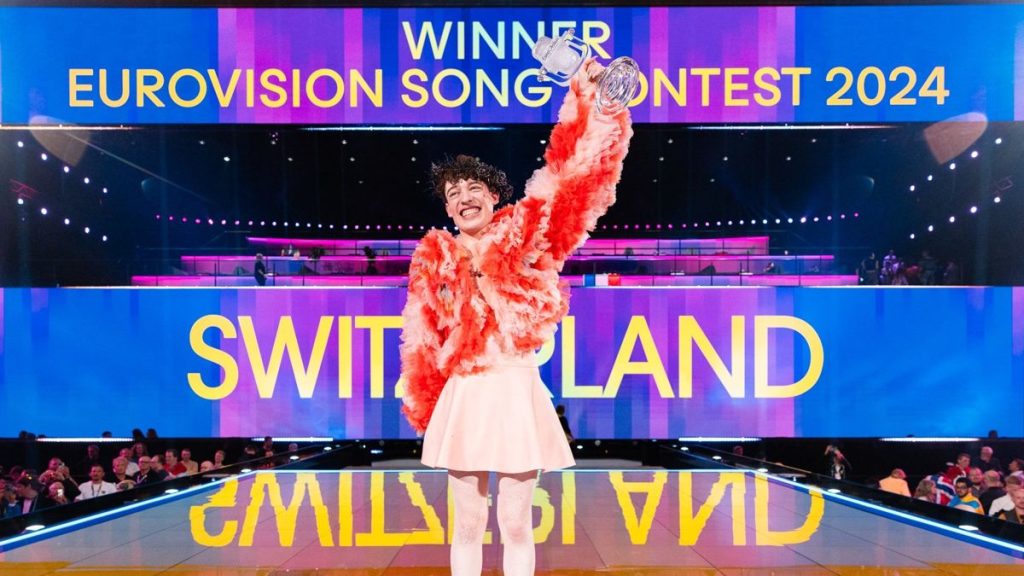
Eurovision Song Contest Unveils New Code of Conduct After Controversial 2024 Event
The European Broadcasting Union (EBU) has implemented a new code of conduct for Eurovision Song Contest following several controversies during the 2024 event.
The most significant incident involved Dutch contestant Joost Klein, who was disqualified after allegedly hitting a camera operator's equipment, causing her to fall and sustain minor injuries. While Swedish prosecutors ultimately dropped the investigation, the incident prompted major changes for future events.
Key Changes for Eurovision 2025:
- Introduction of a dedicated Welfare Producer to support artists and staff
- Mandatory code of conduct agreement for event accreditation
- Establishment of clear "no-filming zones" in artist areas
- Implementation of more closed-door rehearsals
- Optimized rehearsal schedules for better artist rest periods

Eurovision winner celebrates with trophy
The new Duty of Care protocol emphasizes shared responsibility between the EBU, Host Broadcaster, and Participating Broadcasters to protect artists from unnecessary physical or emotional distress.
These changes were developed through consultation with all 37 participating broadcasters and approved by the ESC Reference Group following a comprehensive review of the 2024 Malmö events.
The reforms aim to ensure a more professional and supportive environment while maintaining the contest's entertainment value and cultural significance.